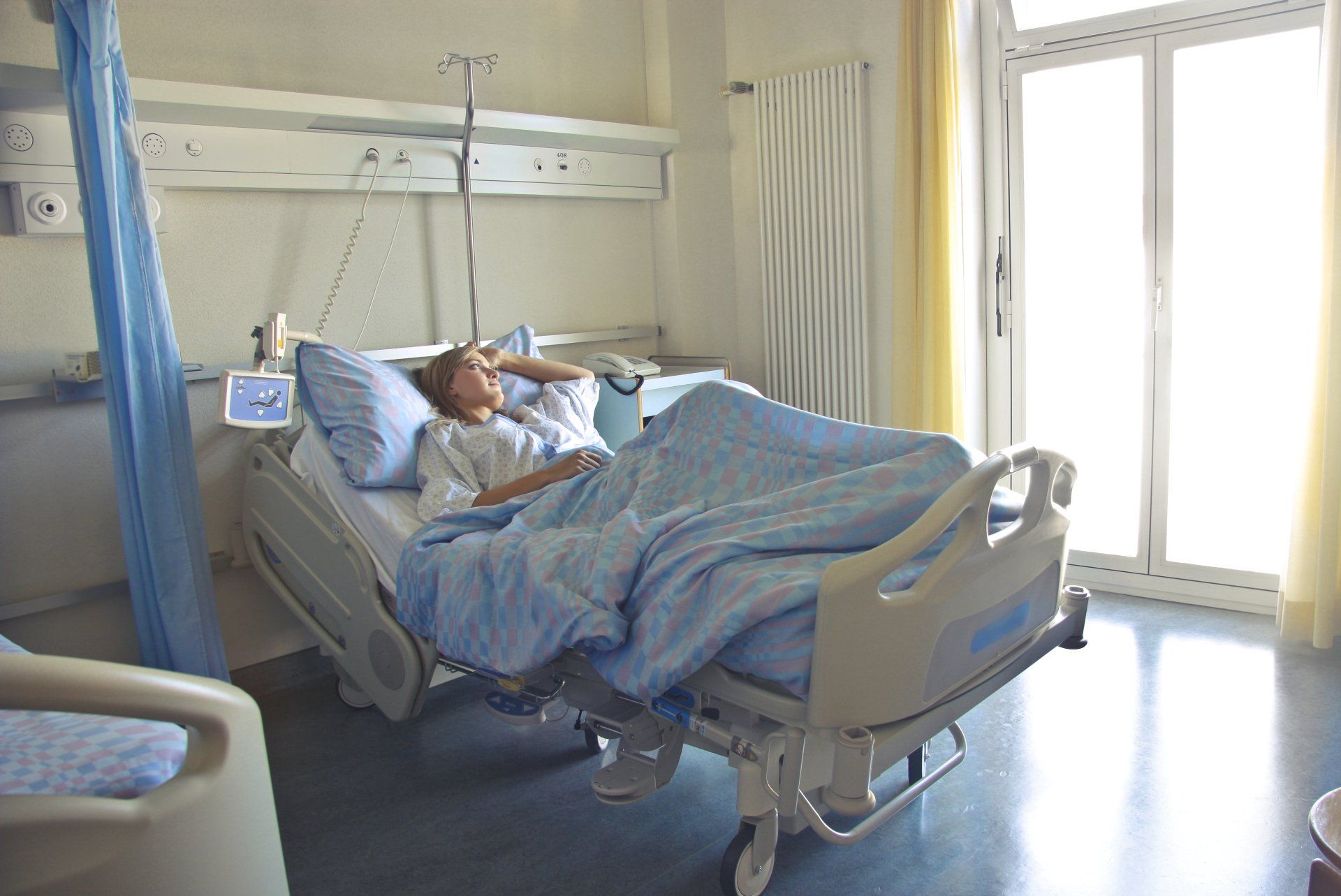Many parents worry about returning to work after maternity leave and will they be able to continue to breastfeed, will their breastfed child be able to settle for another caregiver or will it negatively affect their breastfeeding relationship?
In Ireland, if a mother returns to work before her child is 6 months old she is entitled to breastfeeding or pumping breaks (this is due to be extended to 24 months but not date is set for this change yet) or have their working hours reduced (without loss of pay) to facilitate breastfeeding where facilities are not made available. The right to pumping breaks pre-six months is covered under Section 9 of the Maternity Protection (Amendment) Act 2004. The breaks can be taken in a number of ways, which way is at the discretion of the employer.
One 60 minute break
Two 30 minute breaks
Three 20 minute breaks
However, most mother do not return to work before their child is six months old as maternity benefit is for 26 weeks so are not entitled to these breaks. This leaves many mothers concerned about how they will continue to breastfeed on return to work. Some choose to extend their maternity leave with unpaid maternity leave (up to 16 extra weeks), to use up accrued holidays, to take Parents Leave or to take unpaid Parental Leave or a combination of them all.
If your baby is born prematurely, you can now take extra maternity leave. You get 26 weeks’ leave, starting from the day your baby is born, plus extra leave for the number of weeks between your baby’s actual date of birth and the date you had planned to start your maternity leave.
If you are a civil or public servant (including teachers), you may be entitled to breastfeeding breaks up until two years. Check with your HR department or Principal before returning.
Whenever you are returning to work many of the same concerns apply but I hope to alleviate some of those concerns below and share some useful tips.
1. If feasible take at least some of the additional leave mentioned, it can make it easier if they’re at least somewhat established on solids.
2. Don’t stress if you have to return at six months, babies are remarkably adaptable. Even if they won’t take a bottle they may take a sippy cup, open cup or straw cup of expressed breastmilk while you’re not there. Some parents even send it to the childcare provider to go on the child’s cereal or in their food if they won’t drink it.
3. If they’re relatively good with solids and water they don’t need milk while you’re gone - they’ll get what they need when you’re around. So, if you can’t pump at work, don’t stress, they’ll be fine.
4. There’s no need to ‘train’ your child to nap before you return, the crèche or child-minder will find their own way. Honestly, it happens! Make sure you are completely happy with your childcare and their approach to this.
5. If you plan on pumping when returning to work and your employer doesn’t have a policy on it past six months meet with your supervisor before you go back and ask to be supported to pump. Try to be relaxed about it rather than demanding. Many, many supervisors are flexible when approached in the right way. Going direct to your supervisor rather than HR means an informal arrangement between you both can be made which is much easier to get than a change in company policy.
6. If pumping at work ensure you have somewhere safe to store it (fridge or cool bag) and a room with a lock if you don't want visitors. Some mothers also put up signs on the door.
7. You don’t need to build a ‘stash’ before returning to work. Although a few emergency ounces in the freezer are always handy there’s no need to have pints of milk stored! See points 2 & 3 above.
8. In the first couple of weeks or months focus on work and breastfeeding/spending time with your baby until you get into the swing on things. Don’t put pressure on yourself to take on extra activities or overtime. Baby will need a lot of your attention when you are at home so be prepared for that for a while until they get used to the new situation.
9. Enjoy being back – enjoy peeing in peace, enjoy lunch breaks and hot coffee and adult conversation.
10. Get help – you can’t cook, clean, work, breastfeed, look after baby all on your own. If your partner is used to you doing the housework and cooking make sure they know they have to pitch in equally when you return to work, if not take over most of the duties, if you’re working full-time and feeding the baby.
11. Be prepared for the possibility of reverse cycling – where baby starts to feed more through the night to make up for lost day feeds. It can be tough but usually settles down after a little while.
12. Make sure you’re happy with your child care provider; it makes it so much easier to know they’re with someone you trust.
13. Be prepared to feel guilty for leaving them, it’s a totally normal reaction. You are not a bad mother for providing for them by working.
14. Don’t feel guilty about not feeling guilty! If you’re glad to be back at work and have that part of your life back, that’s ok too, we’re not all made to be stay at home parents.
15. Pee before you leave work (or before you go to collect baby if working from home), you never know when you’ll get the chance to go once you both get home!
16. And most importantly, don’t spend your last few months/weeks of maternity leave stressing about returning to work. Even the most dependent children adapt. Enjoy all the time you have together and have lots of fun!
These are just some basic tips but in my Back to Work consultations and workshops help you plan for all aspects of your return and to prepare for the changes once back.
To access my on-demand Back to Work while Breastfeeding mini course click here



